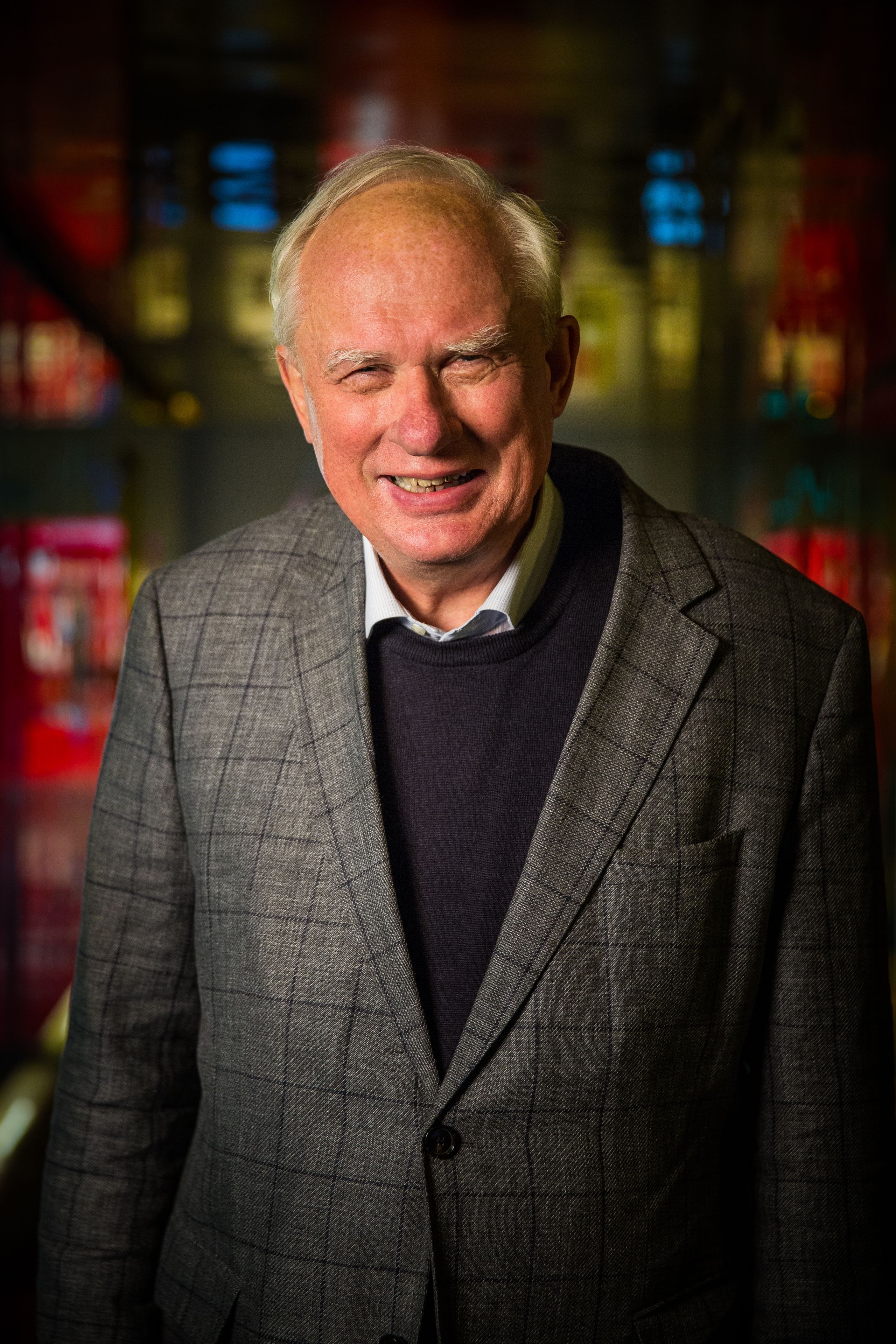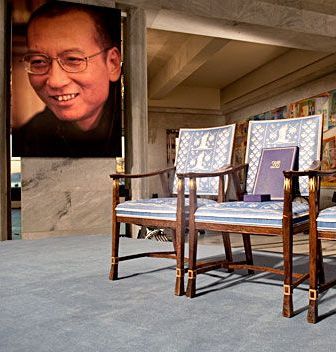A day for the history books
Oslo City Hall full of flowers and well-dressed guests, with the red carpet rolled out and the Royal Family seated in the front row. This is how we normally see the Nobel Peace Prize award ceremony. But in the year of the pandemic, everything is different. When the Nobel Peace Prize is awarded to the World Food Programme at 13:00 (CET) on Thursday 10 December, the Executive Director of the peace winning organization, David Beasley, will be sitting in his office in Rome. The Chair of the Norwegian Nobel Committee, Berit Reiss-Andersen, will give her presentation statement from the Norwegian Nobel Institute as she gives her presentation statement. Nothing like this has ever happened in the 120-year long history of the Nobel Prize.
“There are many examples of Peace Prize laureates who didn’t make the travel to Oslo. But a pandemic obstructing the ceremony is quite unique”, says historian Geir Lundestad, who was the Director of the Norwegian Nobel Institute from 1990 to 2014.
“The two first laureates, Henry Dunant and Frédéric Passy, did not come. Neither did Bertha von Suttner (1905) – she arrived in Oslo a few months later to give her Nobel lecture. Theodore Roosevelt was a sitting president and could not make it. But during the years it became more and more common for the Peace Prize laureates to come, and it is quite remarkable how many of them who actually came to Oslo to receive the prize”, says Lundestad.
Some laureates were prevented from receiving the prize in person, because they were imprisoned or held back by their governments. The Soviet writer Andrej Sakharov and the Polish trade unionist Lech Walesa could not leave their countries by fear of sanctions from the authorities, so they sent their wives to receive the prize. Aung San Suu Kyi was in house arrest and her husband and son came to accept the prize in her name. When the Chinese dissident Lui Xiaobo was awarded the prize in 2010 he was imprisoned, and none of his closest relatives risked travelling to Oslo. An empty chair in the City Hall became a vibrant symbol of the absent laureate.
The Nobel Prizes are awarded on 10 December both in Norway and in Sweden, because it is Alfred Nobel’s death day. According to Lundestad, it is important for the Nobel tradition to stick to this date.
Lundestad can reveal that Mikhail Gorbachev, who was awarded the prize in 1990, when he was state leader of the Soviet Union, wanted the ceremony moved to a different date, because he had obligations at home.
“But we said no. We cannot move the dates around just because it suits the laureate. Then, an important part of the tradition would get lost”, he says.
Share:

